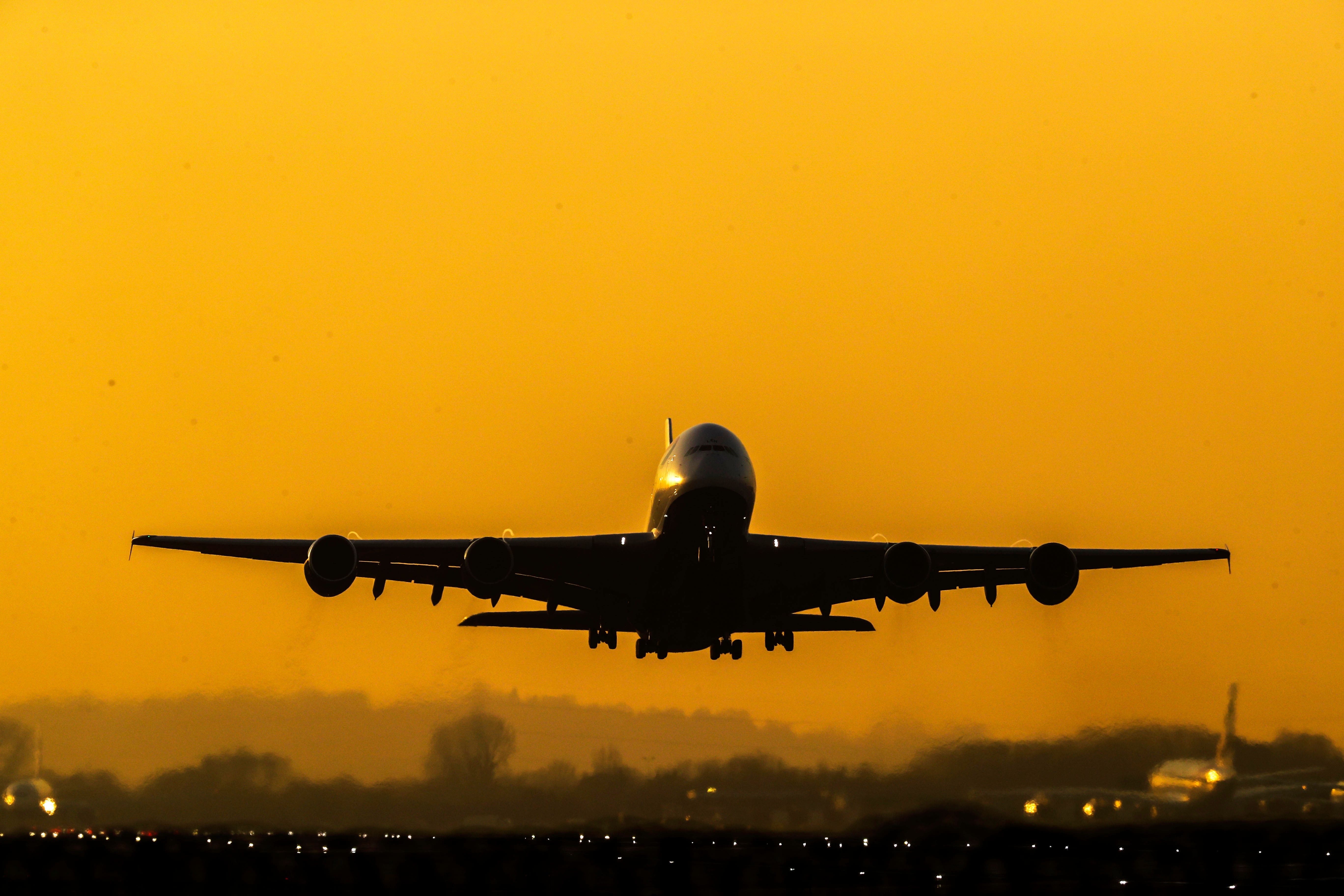Covid-19 remains biggest barrier to air travel – survey
Some 32% of survey respondents who did not take a flight in the 12 months to October 2022 said the virus was a factor.

Concerns about Covid-19, budget constraints and fears about flight disruption are the most common barriers to air travel, new research suggests.
A survey of 3,500 people commissioned by the Civil Aviation Authority (CAA) indicated the coronavirus pandemic remains the most prevalent reason for not flying.
Some 32% of respondents who did not take a flight in the 12 months to October 2022 said the virus was a factor.
We would like to see satisfaction levels improve
Covid-19 was a much more widespread cause of concern for people aged 55 and above (38%) than 18-34-year-olds (24%).
Conversely, people in the younger age category were nearly twice as likely as those in the older age range to say budget constraints stopped them flying, at 36% and 20% respectively.
The results of the survey, seen by the PA news agency, suggest the cost of travel is the second most common reason for not flying (29% across all ages), followed by concerns about flights being delayed or cancelled (15%).
Of those respondents who had taken a flight in the year to last October, the proportion experiencing some form of disruption was 61%.
That was the highest figure since the CAA began its annual consumer survey in 2016.
Many passengers suffered delays and cancellations last year as the aviation industry failed to cope with the spike in demand for travel following the scrapping of coronavirus restrictions.
Satisfaction with the overall travel experience was at 80%, down from 82% a year earlier.
CAA consumer director Paul Smith said: “Concerns about Covid-19 remained a big issue for consumers, with our research telling us that some consumers had a continued fear about the pandemic itself, although there was a strong recovery in the number of passengers travelling in 2022.
“While it is welcome to see passenger numbers continue to steadily rise, we saw the challenges the aviation sector faced in the summer of 2022.
As we move away from pandemic-related restrictions, the rising cost of living has the potential to have a major effect on the flying behaviour of consumers
“The disruption experienced unsurprisingly put some people off flying due to fears of flights being disrupted or cancelled, with satisfaction levels also reducing.
“It is particularly important the industry focuses on providing a better experience for consumers this year, and as the sector continues to recover in 2023, we would like to see satisfaction levels improve.
“As we move away from pandemic-related restrictions, the rising cost of living has the potential to have a major effect on the flying behaviour of consumers, with many looking to take measures to save money on their trip.
“We will continue to play our part in making sure consumers have choice, value for money, and are treated fairly when they fly.”
Bookmark popover
Removed from bookmarks